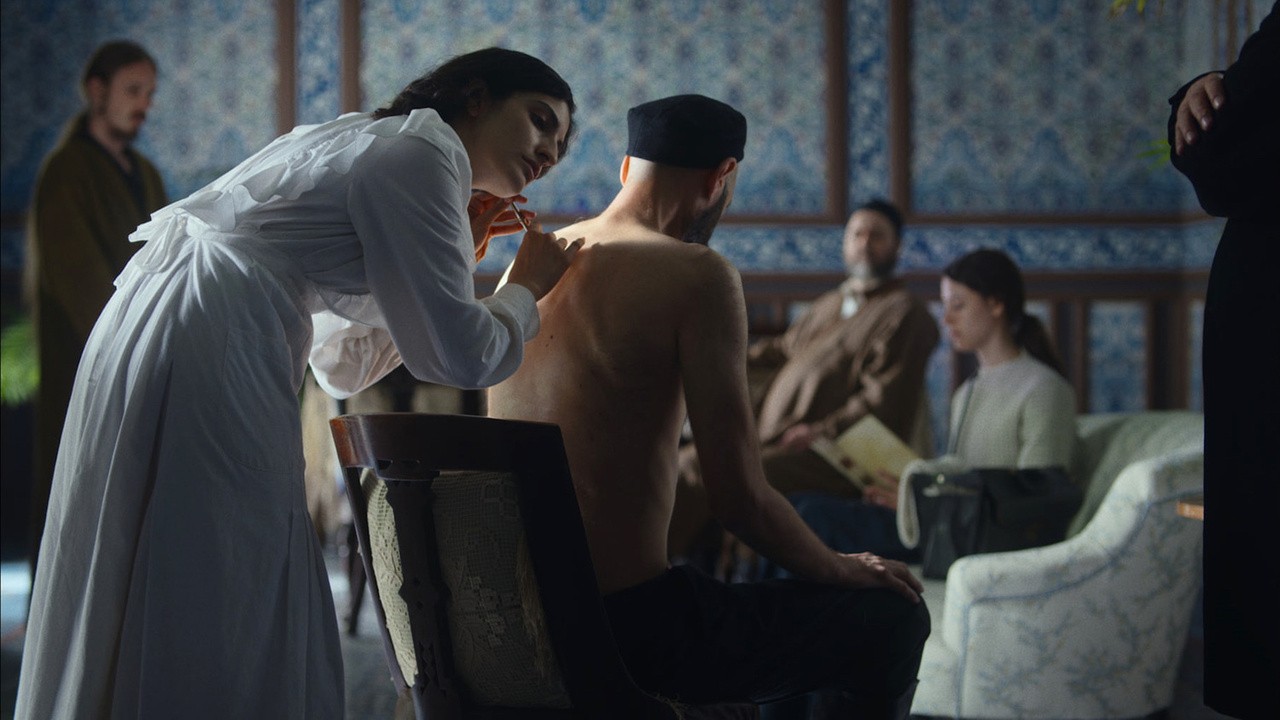




WriDir: Ivan Salatic | Croatia/France/Italy/Montenegro | Drama 93′
One could say at the moment the landmass that comprises what is called “The Balkans” is having a moment at various International film festivals.
Of course we are all aware of the cinematic giants that tower over the region: Emir Kusterica, Danis Tanovic, Jasmila Žbanić, Damjan Kozole, Goran Paskaljević and Aleksandar Petrović; but a new crop of helmers have started breaking out from the festival circuit.
One of the regions that has certainly been underrepresented is Montenegro. With the premier at this year’s Rotterdam International Film Festival of Ivan Salatić’s sophomore film Wondrous Is the Silence of My Master, Montenegro finally has a seat at the table of Balkan cinema. Salatić premiered his short film Backyards in the Orizzonti section of the Venice Film Festival in 2015 and followed this three years later with his feature debut: You Have the Night, an allegorical story about the end of the working class in Europe, which also premiered in Venice as part of the International Critics’ Week (that marked the first time that a film from Montenegro was selected for this program.)
With Wondrous Is the Silence of My Master Salatić has certainly taken an ambitious step by focusing on Montenegro during a transformative 19th century when concepts of nationhood and acceptance were in hard fought for, the film lightly inquires to the dialectics of civilisation and the diaphanousness of collective identity – ideas that have never been truly answered.
Marko Pogačar, (Croatia’s most translated contemporary poet in his debut film role) stars as Morlak, the leader of tribes, a poet and a bishop (inspired by the historical figure Petar II Petrović Njegoš) who is locked in an age-old struggle against a common enemy. When he falls gravely ill, he sets out in search of a cure, leaving behind his war-torn homeland.
Along with his daughter and two loyal servants, Morlak settles in a remote house in southern Italy, hoping for healing and peace. Salatić says that the film relies on factual elements before allowing itself the freedom to wonder/wander. So it’s not about historical truth, but rather about approaching it with a sense of playfulness. He even goes as far to describe it as a comedy, which makes one think of Don Quixote.
As the film is very much balanced by his man servant Djuko (Luka Petrone), who attends to Morlak’s every whim. They journey to Italy to find a cure for Morlak’s ailment where they hole up in a grand villa by the sea. Once located in the villa, a sense of stillness and learning abounds with Morlak happy to recite his poetry and engage with local intellectuals, which very much throws Djuko off kilter. He wanders the opulent rooms decorated with majestic tapestries.
At this stage by what you could call osmosis Djuko starts to realise the pain of exile: that trajectory of anguish, pain, and suffering. As they are by the sea I was reminded of Mahmoud Darwish’s poem Who Am I, Without Exile: “A stranger on the riverbank, like the river… Water binds me to your name.”
At its conclusion we are faced with action against inaction as Djuko answers his doubts and takes his destiny, examines it, suffers for it and ultimately acknowledges it’s substance where it has been forged: in the mountain regions of his homeland, where he will be able to understand the mystery of it’s process. It is a sentiment that calls to mind Hannah Arendt’s timelessly incisive perspective on the only effective antidote to evil, found in the fact that “one man will always be left alive to tell the story,” D W Mault
ROTTERDAM INTERNATIONAL FILM FESTIVAL 2025